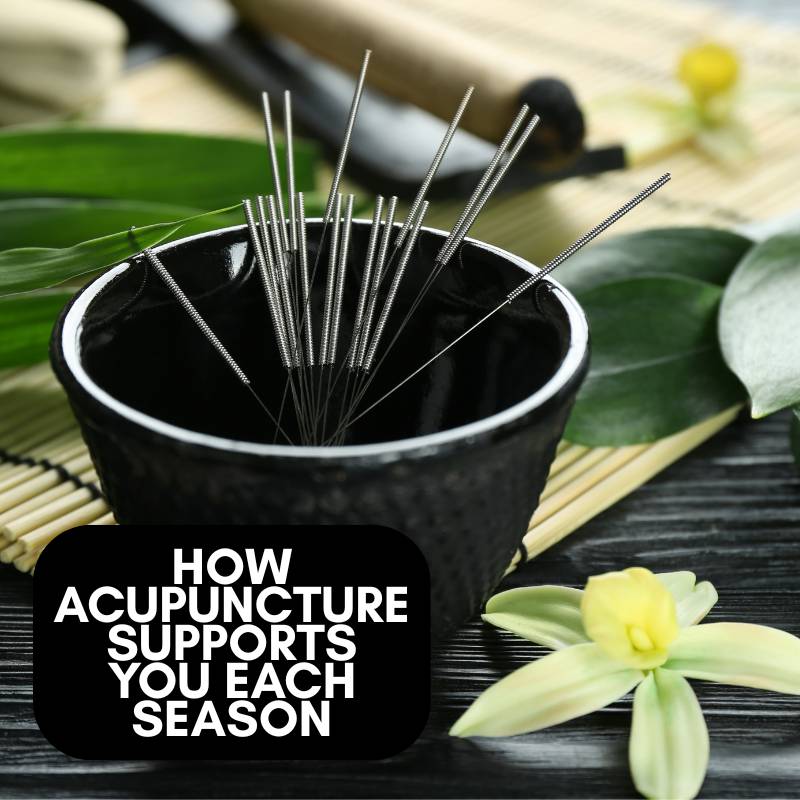
Balance Through the Seasons: Insights from Acupuncture
December 16, 2025/by Rebecca Berkson, L.Ac, Dipl.OM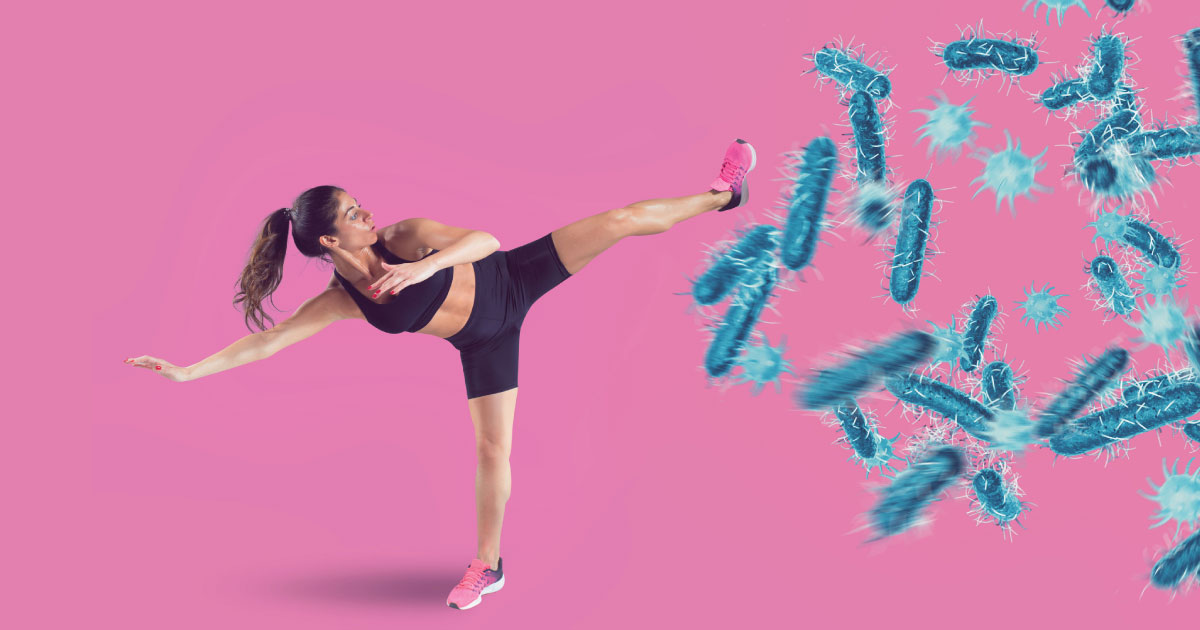
5 Ways We Can Keep Your Immune System Strong
December 10, 2025/by Kaplan Center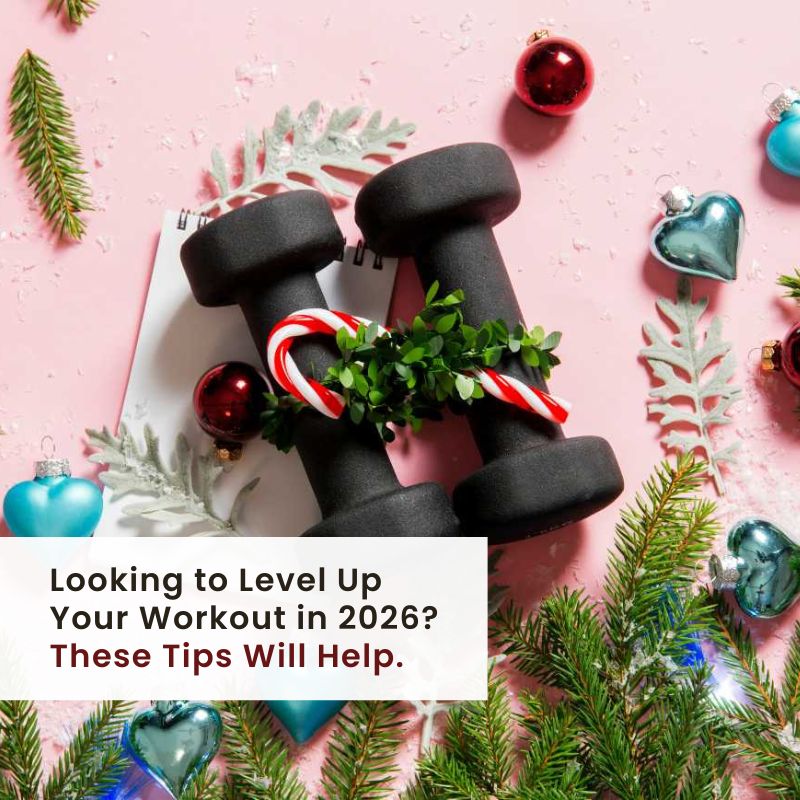
Want to Take Your Workout to the Next Level Next Year? These Tips Can Help
December 8, 2025/by Kaplan Center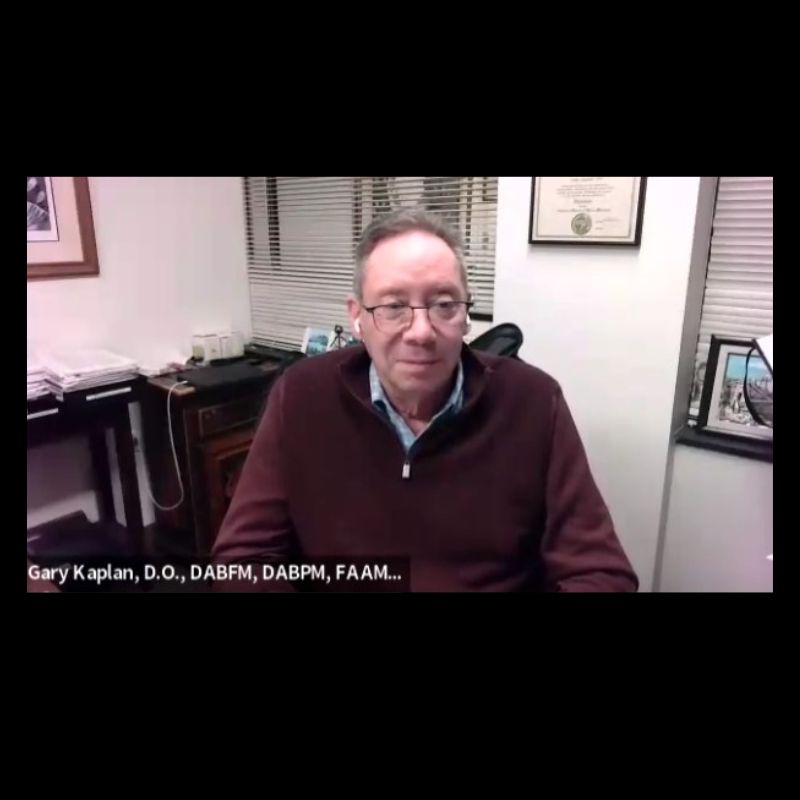
Dr. Kaplan’s Dos and Don’ts of the Holiday Season
December 3, 2025/by Kaplan Center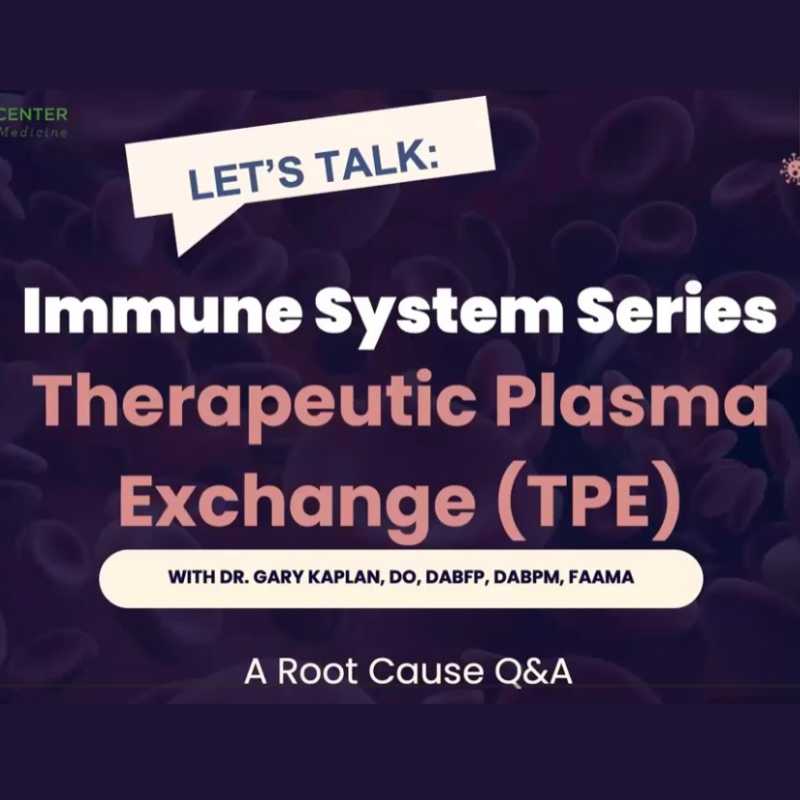
Let’s Talk Webinar – A Root Cause Q&A
December 2, 2025/by Kaplan Center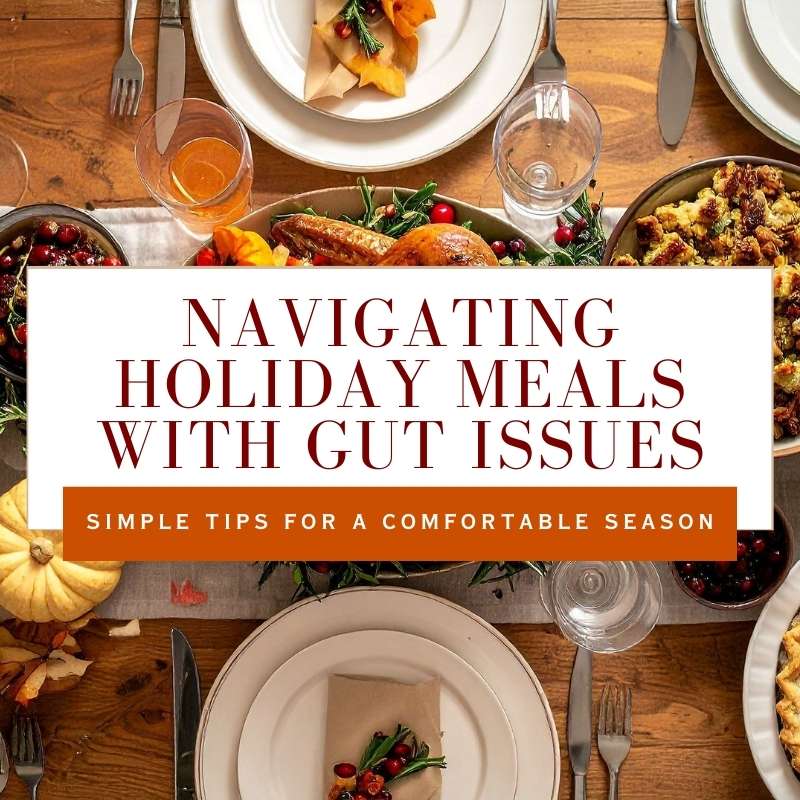
Navigating Holiday Meals with Gut Issues: Simple Tips for a Comfortable Season
December 1, 2025/by Chardonée Donald, MS, CBHS, CHN, CNS, LDN
Craniosacral Therapy for TMJ | Say Goodbye to the Daily Grind
November 19, 2025/by Patricia Alomar, M.S., P.T.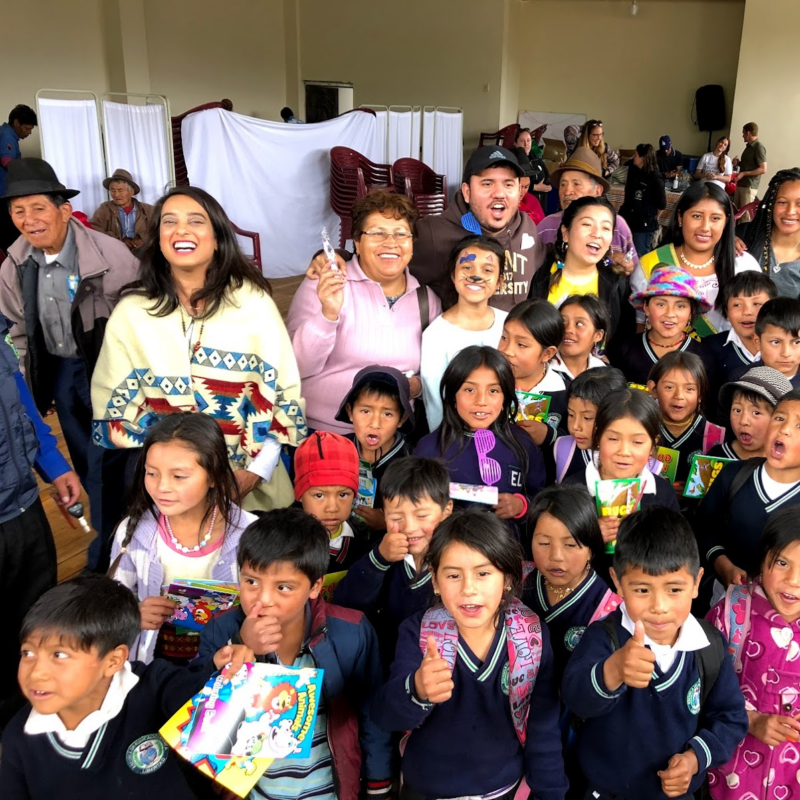
From Compassionate Care to Personal Healing: A Letter to My Patients
November 18, 2025/by Kaplan Center
8 Steps to a Healthier Gut—and a Longer, Healthier Life
November 18, 2025/by Kaplan Center
Mid-Life Irritability & Fatigue Improved by Hormonal Balancing
November 13, 2025/by Lisa Lilienfield, MD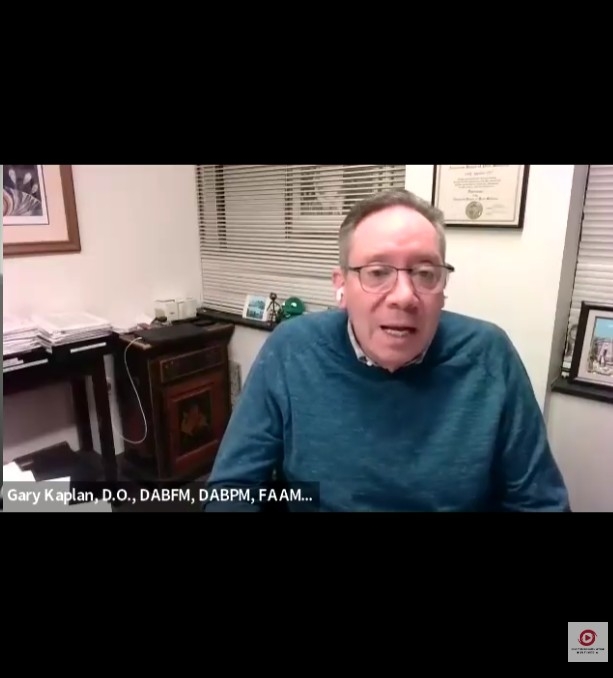
From Challenges to Change: Dr. Kaplan on Healthcare’s Biggest Challenges
October 29, 2025/by Kaplan Center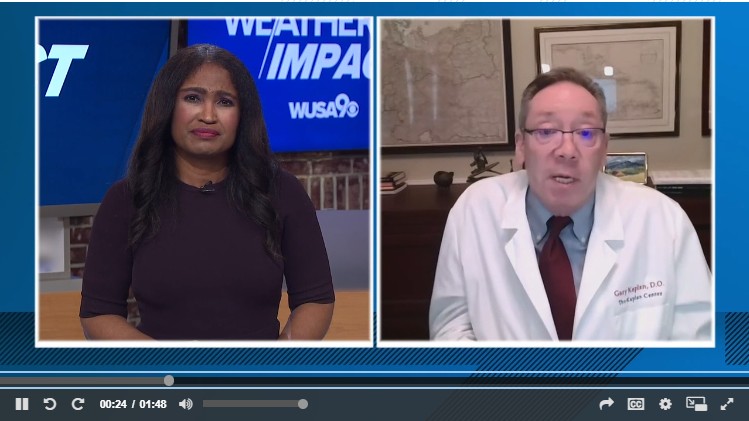
Overlooked Dangers of Mold Exposure and How to Stay Safe – Dr. Kaplan Talks to WUSA9
October 27, 2025/by Kaplan Center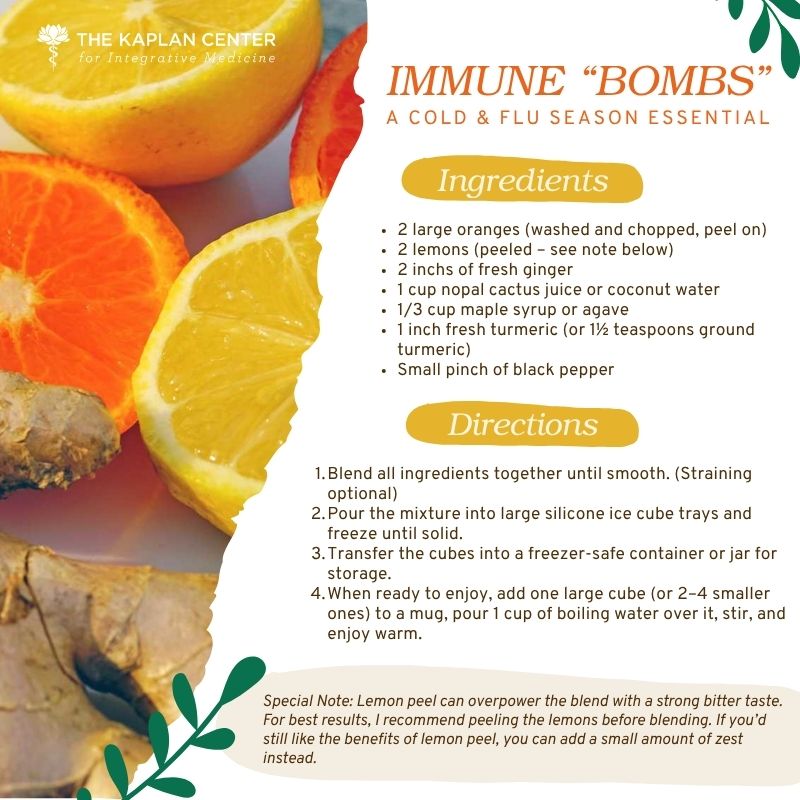
Let’s ‘Fall’ Into Wellness: A Nutritionist-Approved Immune-Boosting Recipe for Cold and Flu Season
October 13, 2025/by Chardonée Donald, MS, CBHS, CHN, CNS, LDN
PANS/PANDAS – When Sudden Symptoms Signal Something More
October 9, 2025/by Kaplan Center
Beating Burnout, A Nutritionist’s Perspective
October 1, 2025/by Chardonée Donald, MS, CBHS, CHN, CNS, LDN
3 Things That Can Happen After Stopping GLP-1s
September 11, 2025/by Chardonée Donald, MS, CBHS, CHN, CNS, LDN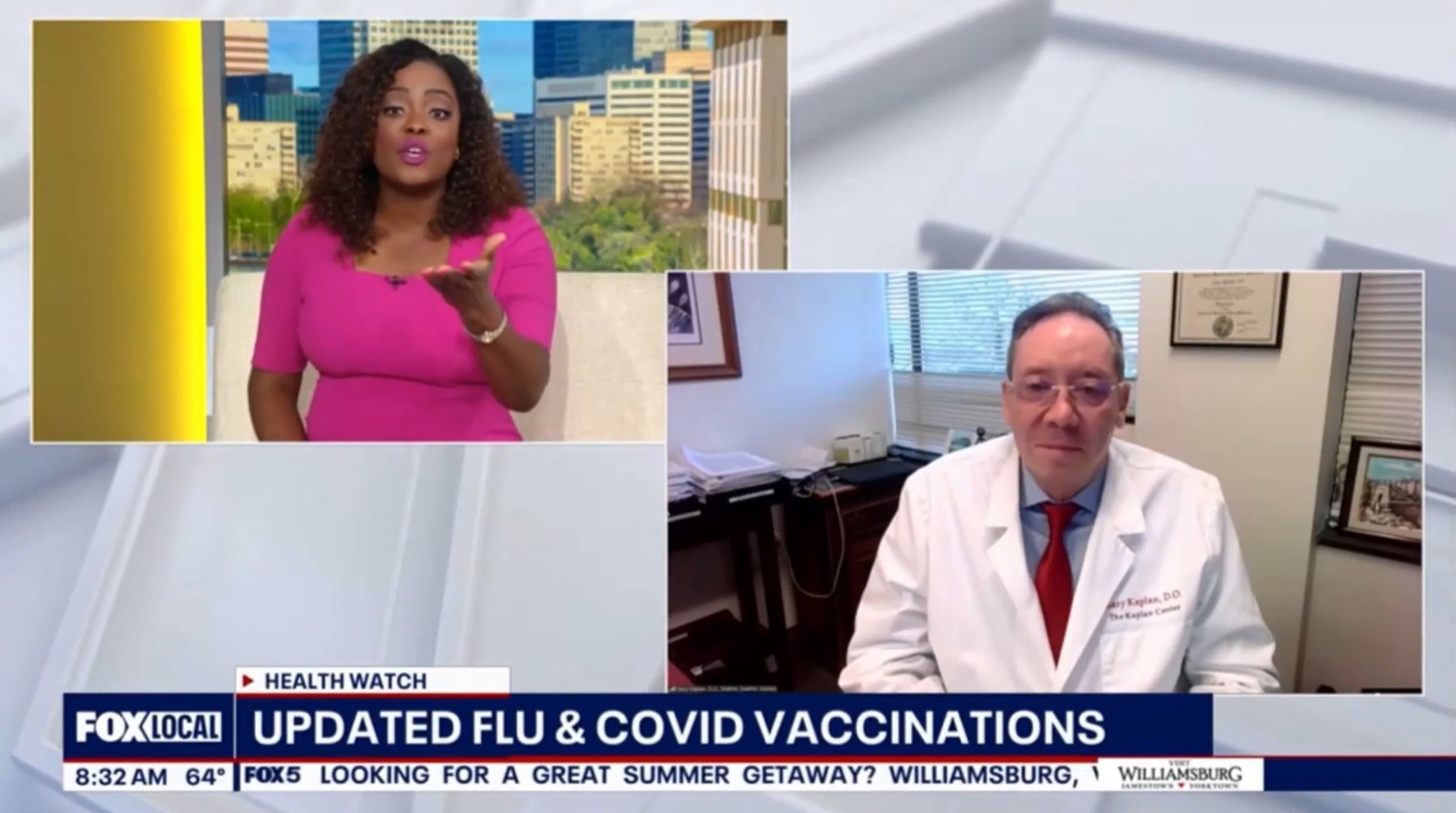
What Families Need to Know About COVID and Flu Season
September 3, 2025/by Kaplan Center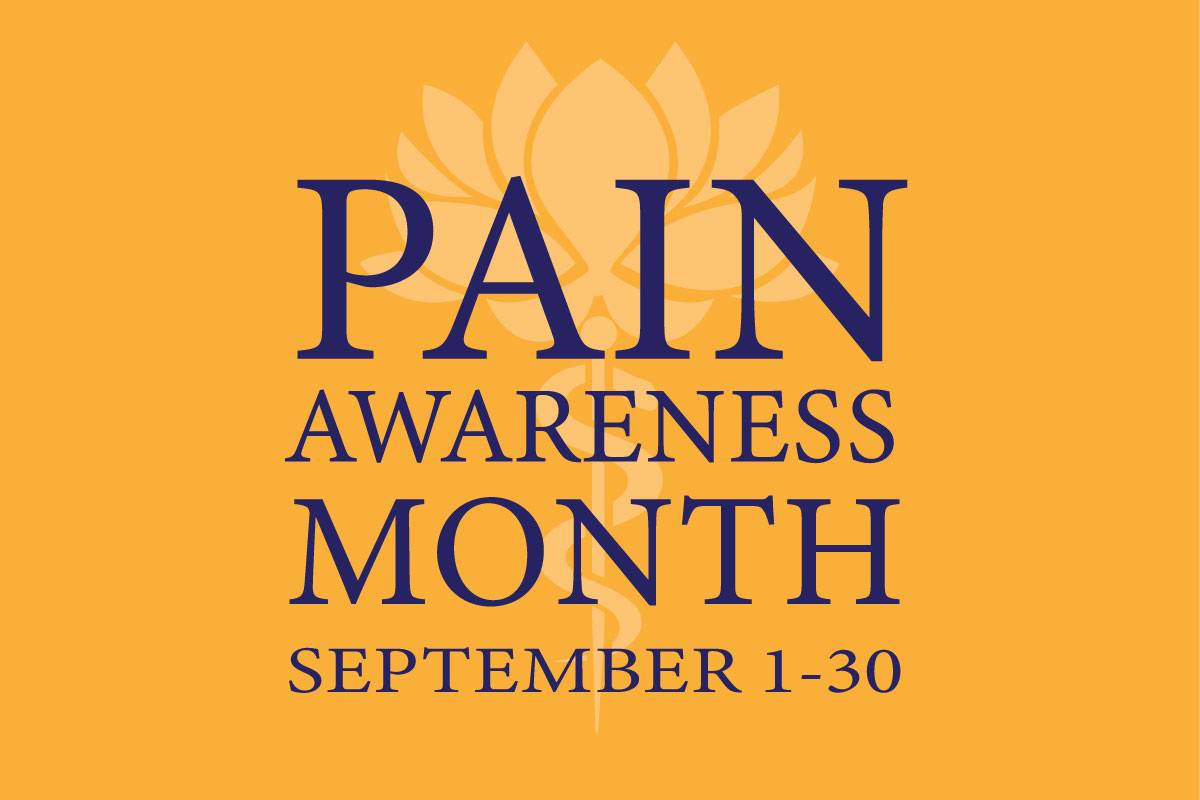
September is Pain Awareness Month
September 1, 2025/by Kaplan Center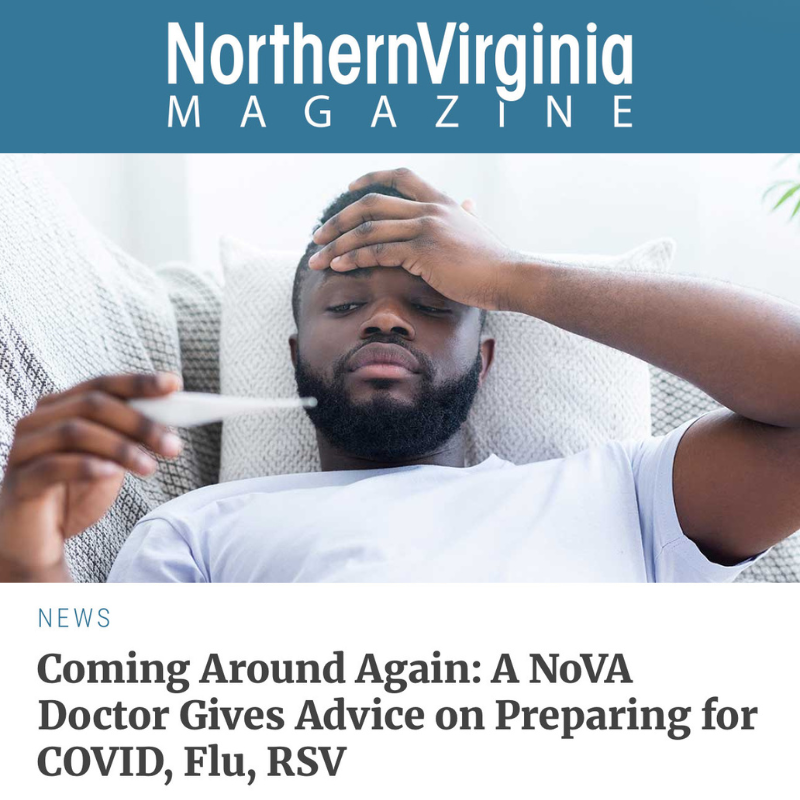
Dr. Kaplan Spoke to Northern Virginia Magazine About COVID, Flu, and Immunity — Here’s What You Should Know
August 14, 2025/by Kaplan Center
“Why Do I Feel Like Crap?”: The Overlap Between Long COVID and Perimenopause
July 30, 2025/by Kaplan CenterAre you looking to improve your overall wellness?
Personalized care you can trust.
Our integrative, non-surgical treatment approach is highly successful in maintaining wellness and also treating chronic pain and illness. For more than 30 years, we have delivered superior, cutting-edge health care in the Washington, DC area.
QuickLinks
Contact Information
Tel: 703-532-4892
Fax: 703-237-3105
6829 Elm Street, Suite 300
McLean, Virginia 22101
Map It
Hours of Operation
Mon – Thu : 8 am – 5 pm, ET
Fri : 8 am – 12 pm, ET
Arthritis and Holistic Treatments
/in Conditions/by Kaplan CenterWhen we think about our overall health, we very rarely consider our joints. Yet the human body has over 200 joints that work in tandem to give us the ability to walk, run, jump, and move around with ease. But when arthritis strikes, some of these simple movements become difficult to carry out.
Arthritis is an inflammation of the joints that can lead to pain, stiffness, and tenderness. It is a condition experienced by millions of Americans and is the number one cause of disability nationwide. There are two main types of arthritis: osteoarthritis, when the joints experience natural wear and tear as we get older, and rheumatoid arthritis, an autoimmune condition in which the body attacks its own joints. With any type of arthritis, the wear and tear become excessive and the cartilage that supports our bones and joints starts to weaken and disintegrate. This results in joint pain that causes tenderness, stiffness, and difficulty moving.
Management options for arthritis
When treating arthritis or any other inflammatory condition, the first step is figuring out what is causing the inflammation. Without looking for the underlying cause, efforts to heal or ease symptoms may be unnecessarily prolonged or ineffective. To do this, we look at all the major areas of health for imbalances and/or deficiencies that need to be corrected. This is called a Functional Medicine Assessment. Once the assessment is complete, a treatment plan that includes traditional and alternative therapies is usually recommended.
Alternative therapies are any non-traditional treatments. They benefit from having fewer side effects and tend to be good for other aspects of your health as well. Depending on the severity of your symptoms, alternative therapies can be used in conjunction with or as an alternative to many traditional medical treatments. The following treatments might be used as part of your management regime.
Anti-inflammatory diet
Making dietary changes to improve the digestive tract is one of the first and most important steps in managing symptoms. An unhealthy digestive tract can result in nutritional deficiencies and allows foreign “invaders” like toxins and bacteria to enter the circulatory system and cause inflammation. Our nutritionist can create an anti-inflammatory diet specific to your health profile for improved gut and immune health.
Osteopathic Manual Therapy (OMT)
OMT can ease arthritis symptoms by using gentle pressure and movement to stretch muscle, soft tissue, and joints for proper alignment, increased blood flow, and improved mobility.
Acupuncture
Research shows that acupuncture can help control inflammation and swelling. Acupuncture also releases pain-relieving chemicals in the body called endorphins which not only help with pain but promote relaxation and overall wellbeing.
Joint-specific supplements
Supplements, such as Glucosamine, Chondroitin, Fish oil, Turmeric, and Ginger, are known to help ease arthritic pain. As with any medication or supplement, speak to your doctor first before starting them.
Perineural Injection Therapy (PIT)
PIT is an advanced injection therapy that heals inflamed or painful nerves resulting from chronic, non-malignant issues. It involves injecting a low concentration dextrose solution (a naturally occurring sugar in the body) with a pH similar to the body’s natural level next to the injured subcutaneous (below the skin) nerves with the goal of neutralizing the existing inflammation. The dextrose solution helps reduce inflammation and in turn, restores the cells’ ability to signal and function properly. Patients see an almost immediate improvement in pain symptoms.
Minerals and vitamins
Boost your bone health by giving them all the nutrients and minerals they need. Consider Calcium, Vitamin D, and Magnesium. A diet that is rich in these minerals will help keep your bones strong, healthy, and mobile. Additionally, it can also lower your risk of osteoporosis.
Exercise and physical therapy
The body was made to move. Keep active as much as possible even if it’s just walking once or twice a week. Focus on exercises that increase joint strength. This includes:
Over the counter (OTC) medications
Acetaminophen (Tylenol), Ibuprofen and other NSAIDs are often used to help with the management of arthritis. However, it’s important to remember that while these medications may help alleviate pain in the short term, they do nothing to address the underlying condition. Additionally, when taken over an extended period, NSAIDs can increase your risk of other serious health conditions such as GI bleeds, renal disease, heart attack and stroke and may have serious interactions with other medications. Too much acetaminophen can lead to liver disease. Talk to your physician about proper dosage before using any OTC medications to manage your symptoms.
We are here for you, and we want to help.
Our goal is to return you to optimal health as soon as possible. To schedule an appointment please call: 703-532-4892 x2
Additional References
https://www.cdc.gov/chronicdisease/resources/publications/factsheets/arthritis.htm#
https://www.arthritis.org/health-wellness/treatment/complementary-therapies/natural-therapies/acupuncture-for-arthritis
https://arthritis.ca/living-well/2018/water-therapy-and-arthritis
https://www.arthritis.org/health-wellness/treatment/complementary-therapies/supplements-and-vitamins/vitamins-supplements-arthritis
https://www.ncbi.nlm.nih.gov/pmc/articles/PMC3665023/
Diagnosing and Treating Mast Cell Activation Syndrome (MCAS)
/in Conditions/by Lisa Lilienfield, MDDr. Lisa Lilienfield on Mast Cell Activation Syndrome. Dr. Lisa explains the symptoms of MCAS, its similarities to allergies, the challenges of diagnosing it and treatments that work.
If you are experiencing the symptoms described by Dr. Lisa and would like to have a consultation, please give us a call at 703-532-4892.
We are here for you, and we want to help.
Our goal is to return you to optimal health as soon as possible. To schedule an appointment please call: 703-532-4892 x2
Why You Are Still Sick: How Infections Can Break Your Immune System & How You Can Recover
by Dr. Gary Kaplan & Donna Beech
Paperback: $14.95
Kindle: $9.99
Publication date: May 10, 2022
Language : English
Paperback : 368 pages
Dimensions : 5.5 x 0.83 x 8.5 inches
Are You Dying For A Good Night’s Sleep?
/in Lifestyle, Wellness/by Gary Kaplan, DOIt is estimated that over 70 million people suffer from a chronic sleep disorder in the United States, impacting not only the individual struggling to get a good night’s sleep but potentially all of us. It is conservatively estimated that more than 91,000 car accidents resulting in 800 deaths and 51,000 injuries each year are the result of driver fatigue.
And here’s another thought that might keep you up at night
One of the most common medical responses to helping you sleep may actually be putting your health at risk. About 4% of U.S. adults use a prescription sleeping aid in any given month. Yet taking as few as 18 sleeping pills a year increases your risk of dying 3.6 fold compared to people not using them. Those who take a prescription sleeping medication more than 132 nights a year have a 6.6-fold increase of death and a 35% increased risk of developing cancer.
A better response?
Individualized treatment to discern the underlying cause of sleep loss.
Sleep deprivation is the most common sleep disorder.
Newborns need as much as 18 hours a day, while teenagers — the most notoriously sleep-deprived group — require nine to 10 hours. Adults should have between seven and eight hours a night of restful sleep, yet a 2013 Gallup poll found that as many as 40% of Americans get only six hours or less of sleep a night.
Sleep deprivation can exhibit as insomnia, taking longer than 20 minutes to fall asleep, multiple awakenings during the night with difficulty returning to sleep, early wakening, and shortened sleep due to demands of work or school. Whatever the cause, its long-term consequences on your health and well-being are the same.
In the short term, your mental performance and reaction time when chronically sleep-deprived are the equivalent of being drunk. And like the inebriated, the chronically sleep-deprived do not recognize the extent of their impairment. Lack of sleep compromises the normal functioning of your immune system, and long-term sleep deprivation causes your body and brain to be in a chronic state of inflammation, potentially leading to an increase in heart disease, stroke, obesity, chronic pain, ADD, depression, and anxiety. The problem is also bidirectional; conditions such as chronic pain, depression, and heart disease can cause sleep disturbance, which then worsens the underlying condition.
Questions? Give Us a Call!
703-532-4892 x2
So how sleepy are you?
If you think you may be suffering from sleep apnea or another type of sleep disorder, don’t put off seeking help. Being this tired is a potential danger to your own health as well as the health of others. One way to quickly assess your level of daytime sleepiness is the Epworth Sleepiness Scale. It takes about a minute to complete the test and should be part of any medical exam when someone is complaining of fatigue. A score of 10 or higher is suggestive of a significant sleep issue. At the Kaplan Center, we also utilize WatchPAT ONE, a recyclable Home Sleep Apnea Test (HSAT) to help us detect sleep apnea as well as providing markers for quality of sleep.
Here are some steps you can take right now to improve the length and quality of your sleep:
For more information on identifying & treating sleep disorders click here.
We are here for you, and we want to help.
Our goal is to return you to optimal health as soon as possible. To schedule an appointment please call: 703-532-4892 x2
Note: This post was originally published in August 2014 and has been reviewed and updated for accuracy.